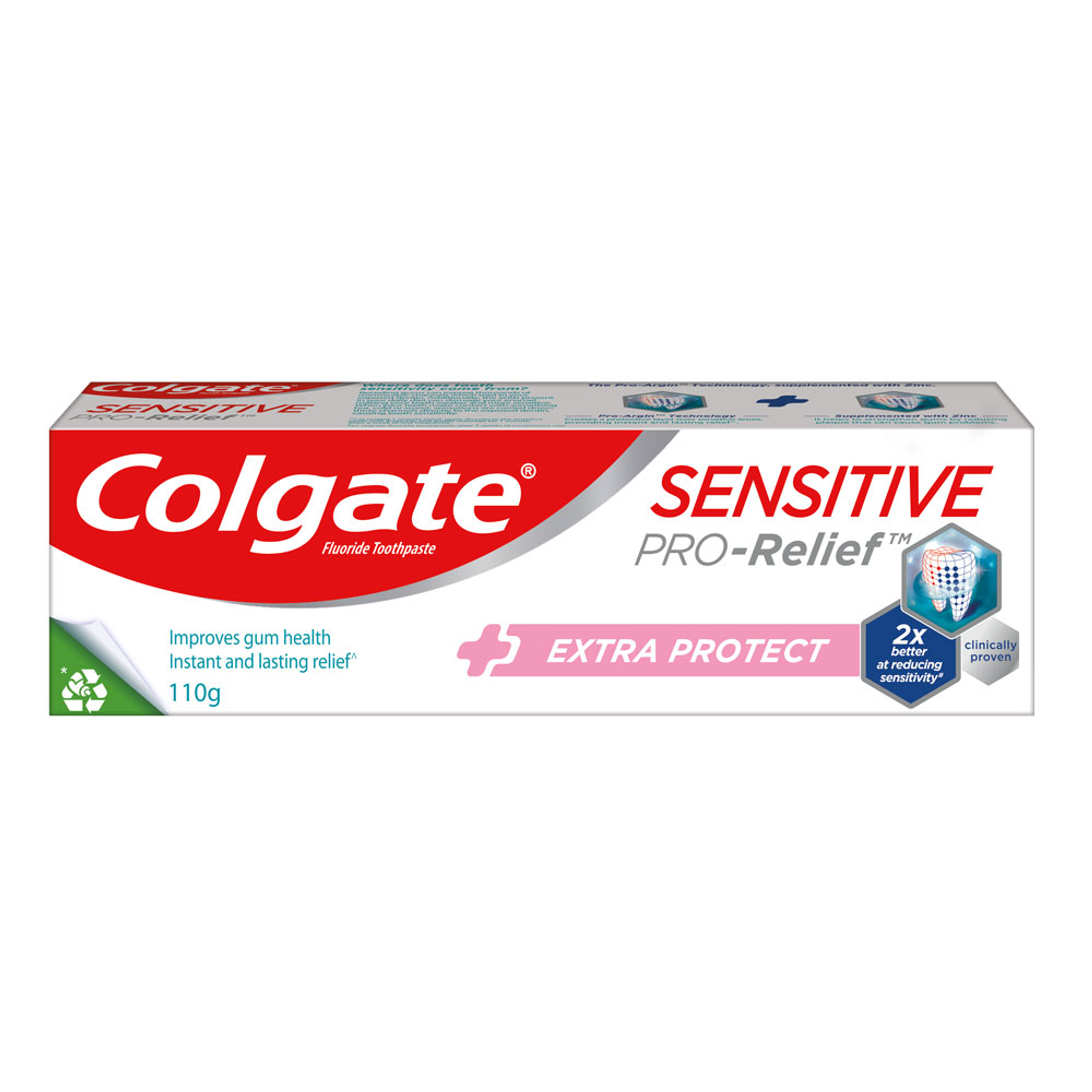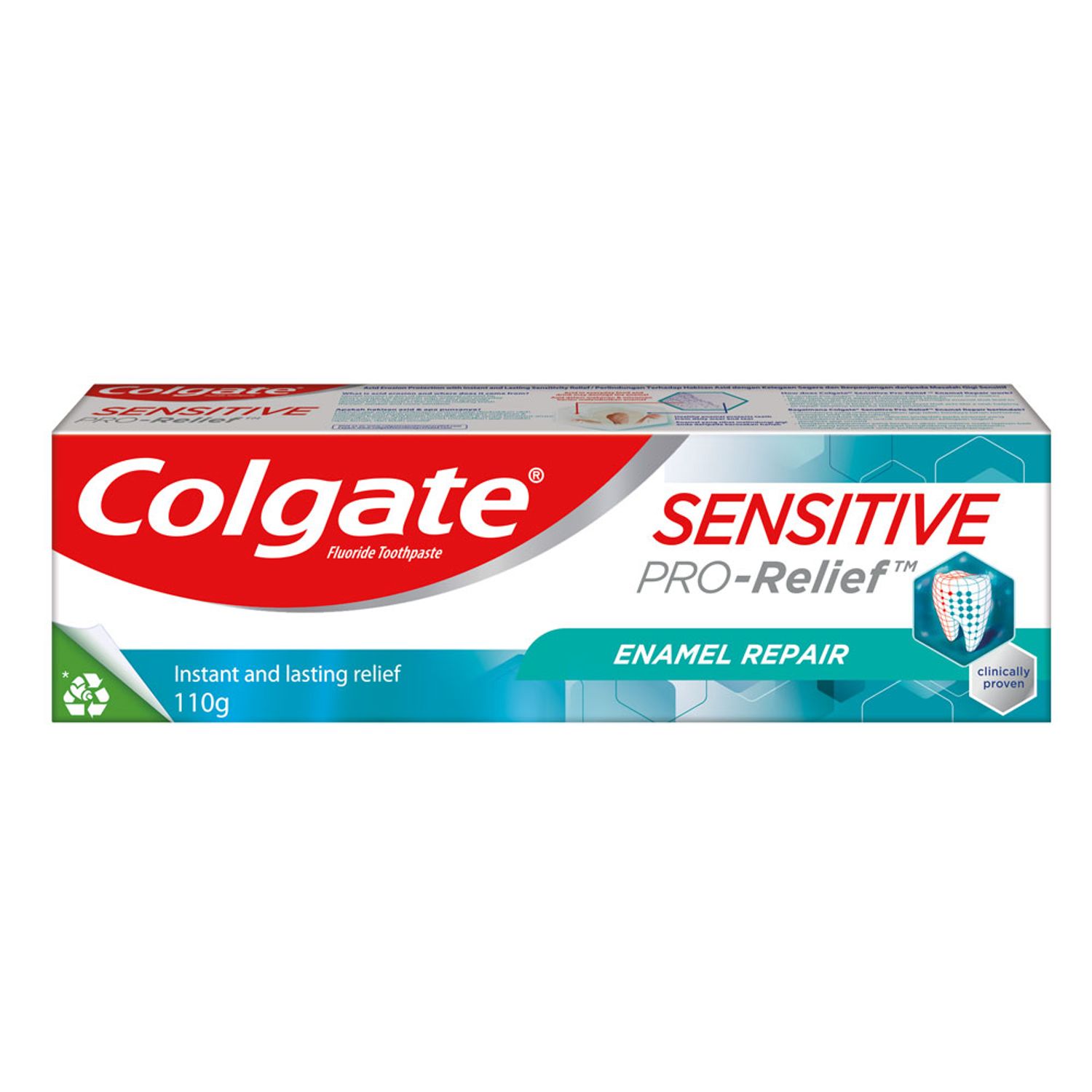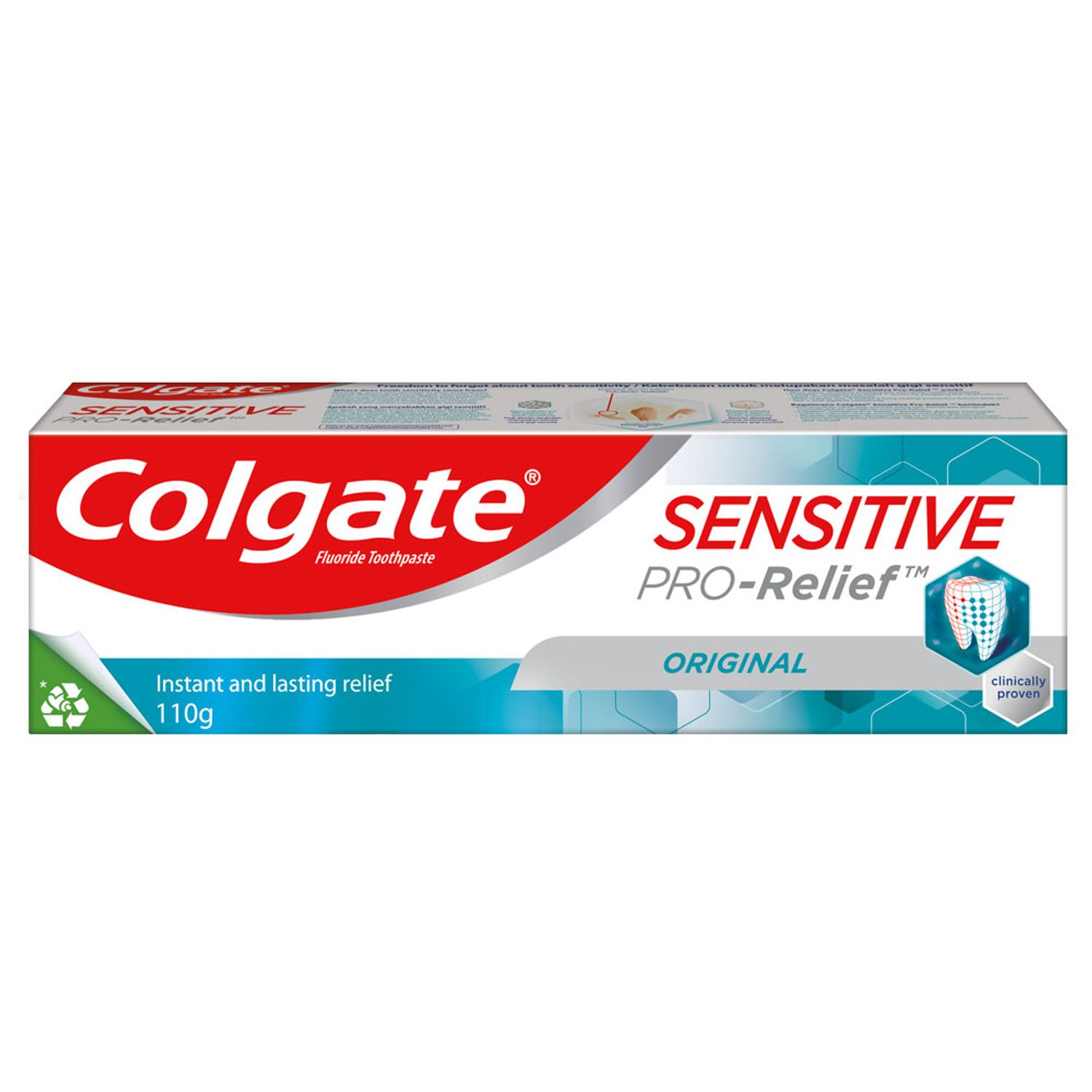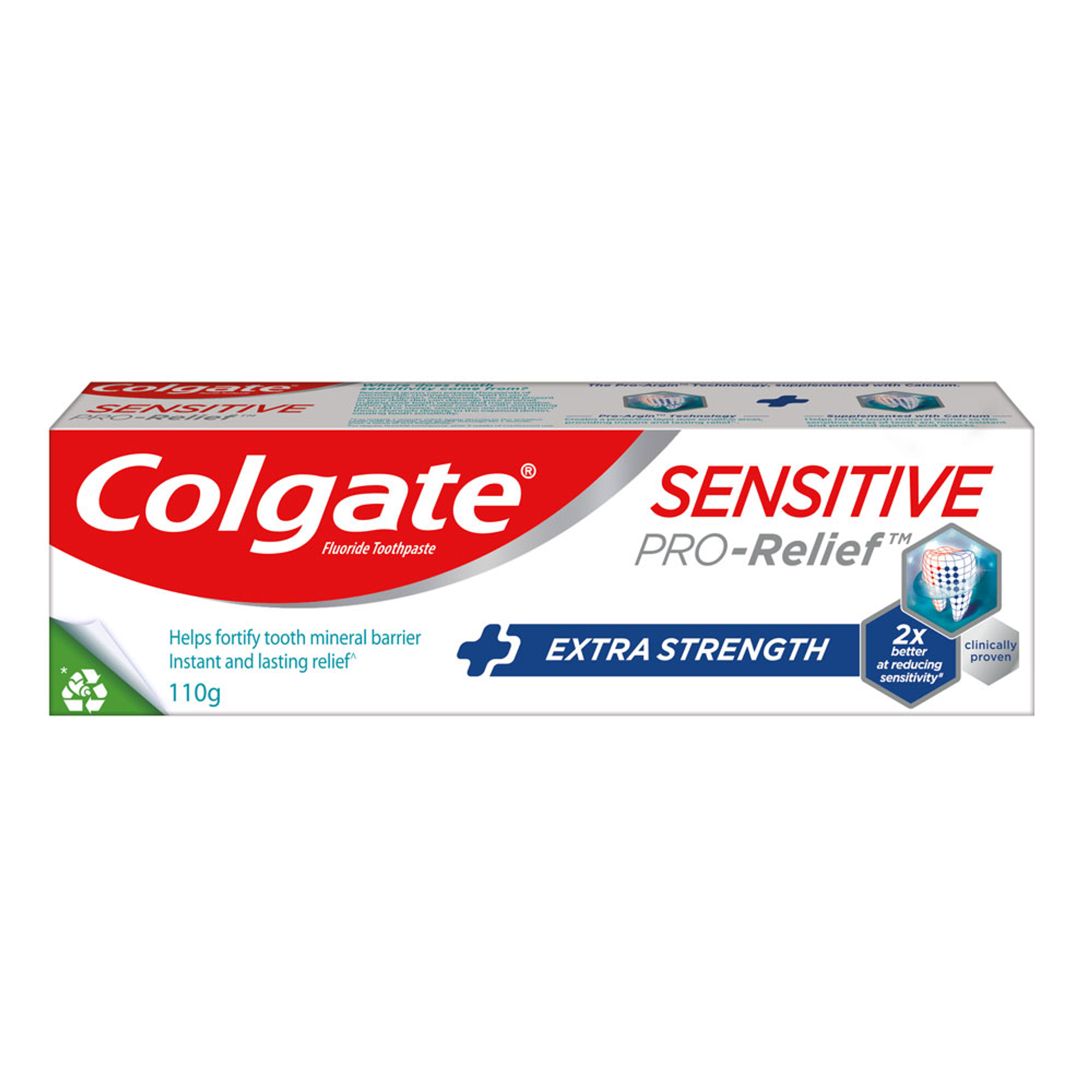Keep reading to learn more about toothache, the symptoms you should not ignore, and the dental and non-dental causes. Find out when to see a dentist and how to ease the pain until then. Discover good dental care tips to prevent tooth pain for a healthy smile.
What is a Toothache?
A toothache is a painful sensation felt in or around a tooth. Depending on the cause, it can be a sharp, dull or throbbing pain, and sometimes it comes and goes. A pain in your teeth can make it hard to eat, speak and focus. If you are wondering, “Why does my teeth hurt when chewing food?”, a dental cavity is likely. However, the different reasons for toothpain may be of dental or non-dental origin. It may vary from cavities and gum problems to a sinus infection.
Amidst a cold or flu, you may have wondered, “My tooth hurts, but I do not know why!” In such cases, the underlying cause is not of oral origin and may have nothing to do with your mouth. Understanding the reason for the pain is the first step towards long-term relief. If your teeth are hurting, book a dental appointment to diagnose the cause and treat it.
Key Symptoms of a Toothache You Shouldn’t Ignore
Apart from the pain felt in or around one or more teeth, other symptoms are likely. Even a mild pain in a tooth can be a sign of a serious underlying problem, like an infection. Here are some common toothache symptoms of infection to watch out for:
Swelling in the gums or on the face
Bad breath or bad taste in the mouth
Sharp pain when chewing or biting down on food
Pus around the tooth or gums
Fever along with tooth pain
Sometimes, a sudden pain when exposed to anything hot, cold, sweet or sour may indicate a sensitive tooth. If you notice any of these symptoms, visit your dentist immediately. Timely treatment not only helps relieve the pain effectively but also prevents further complications.
What Causes a Toothache?
Teeth pain can occur for various reasons. Some are dental problems, while others may be linked to other parts of your body. You may wonder what cause toothache, especially when it strikes without clear signs or warnings. Diagnosing the root cause is important to take the right steps towards relief. Oral causes may require immediate dental treatment. For non-dental causes, your dentist may refer you to a healthcare provider. Below are the two main types of teeth pain causes to watch out for.
Dental Causes
Most causes of dental pain occur inside the mouth. They can be anything from cavities and gum problems to cracks or impacted wisdom tooth.
Cavity
It is the most common cause of toothache. A cavity is a small hole in the tooth resulting from tooth decay. It develops from poor oral hygiene and plaque buildup. Plaque bacteria feed on sugary residues and release acids that decay the enamel, leading to cavities. Pain occurs as the decay reaches the underlying dentine and the tooth pulp, which has nerves and blood vessels.
Broken or Cracked Tooth
An injury, a fall, or biting on hard food can chip a tooth or cause cracks. This can cause a sudden toothache when you chew. Timely treatment can stop tiny cracks from growing or allowing bacteria to enter the inside of the tooth, leading to infections.
Gum Disease
Tooth pain can result from gum problems. Plaque buildup below the gumline often leads to gum infection (gingivitis). Left untreated, it becomes periodontitis, causing the gums to recede. The exposed tooth roots can cause sudden sensitivity or pain from hot or cold stimuli.
Dental Abscesses
They are pus-filled pockets that form due to a bacterial infection. They can occur at the root of a tooth or in the gums. The affected area becomes swollen, resulting in a throbbing pain and pressure. Facial swelling, bad taste in the mouth and fever are likely. An abscess is a dental emergency requiring immediate care.
Bruxism
If all of your teeth hurt in the morning, you might be grinding or clenching them at night. This is known as bruxism. It is hard to know until a dentist finds signs like worn enamel or cracks in teeth. Besides dental pain, it may cause jaw tightness and headaches. Dentists often suggest using a mouthguard to prevent it.
Enamel Erosion
It happens when the enamel (the hard outer surface of teeth) wears away. Excessive exposure to acidic food and drinks, teeth grinding and brushing too hard are the common causes. The wear of enamel exposes the softer dentine below. It has tiny tubules that lead to the tooth pulp. This results in sudden pain from hot or cold stimuli.
Wisdom Tooth Problems
A wisdom tooth is the last molar on either side of each jaw. It may get a cavity, causing wisdom tooth pain. An impacted wisdom tooth does not erupt fully due to limited space and may press against nearby teeth. This results in a molar toothache at the back of your mouth.
Poor Dental Work
Improper or loose dental work, like fillings or crowns, can cause dental pain. A crown toothache is likely if a dental crown becomes loose or damaged.
Non-Dental Causes
Sometimes, a dental pain may have nothing to do with your teeth and gums and may indicate a problem outside your mouth. The following toothache causes of non-oral origin are likely:
Sinus Infections: Your upper back teeth may ache if the sinuses located above them become infected and blocked. The congestion can cause pressure felt as a sinus toothache. A dull pain in more than one tooth that goes away once the congestion clears, pressure and stuffiness are common sinus toothache symptoms.
Jaw Disorders: A toothache without tooth decay or other oral health problems may indicate a problem in the jaw. The joint near the jaw is known as the temporomandibular joint (TMJ). A problem with this joint, TMJ disorder, can cause toothache pain, jaw tightness, ear pain and headaches. Pain is likely while chewing, opening the mouth wide or talking. Treating the conditions is vital for long-term relief.
Toothache at Night: Why It Hurts More While Sleeping
Have you wondered why a toothache at night feels worse? When you lie down, the blood flow to the head increases, causing more pressure in sensitive areas like the teeth. Without the daytime distractions, pain at night feels more intense. Besides, sinus pressure or clenching teeth at night may add to the discomfort. If you have a dental pain that keeps you awake, book a dental appointment soon.
Remedies for Toothache Relief
If you are wondering what to do for a toothache, it is best to get a dental checkup. It addresses the cause and offers effective toothache relief, preventing further problems. If you notice facial swelling or fever, emergency treatment for toothache is crucial. While wondering how to relieve toothache quickly, home remedies may tempt you. However, not all have scientific proof, and some can be potentially harmful.
Natural Home Remedies for Toothache Relief
Home remedies for toothache do not address the root cause and are not a replacement for professional care. Yet, they may help soothe the discomfort temporarily until a dental visit. These include:
Cold compress: Some people consider holding a pack of ice against the outer cheek of the affected tooth. This temporarily soothes the pain by numbing the area and reducing the swelling.
Saltwater rinse: Mixing a teaspoon of salt in warm water and rinsing with it is a popular toothache remedy. As a natural antiseptic, salt helps reduce bacteria, pain and inflammation.
Clove oil: Some consider using clove oil for toothache relief. Eugenol in clove oil, a natural anaesthetic, has anti-inflammatory and antibacterial effects. It is typically used by dabbing a cotton ball in a little bit of clove oil and applying it to the affected area.
Diet and medicine: Opt for a soft and less acidic diet to avoid worsening the pain or irritation in the affected area. Easy food to eat with toothache includes mashed potatoes, soups and yoghurt. Avoid anything too hot or too cold. You may use toothache medicines like pain relievers under medical supervision.
Professional Treatment for Tooth Pain
While considering how to cure toothache effectively, professional care is essential. A dentist will examine your mouth to find the cause and recommend the most effective treatment.
Fillings and Restorations for Cavities
If your toothache is due to cavities, dental fillings may be suggested. For small cavities, simple fillings or restorations suffice to stop the dental decay and protect the tooth. The cavity is first cleaned and then filled with a material like composite resin or silver amalgam. For larger cavities, crowns or inlays may be suggested to strengthen the tooth.
Root Canal Therapy for Infected or Damaged Pulp
A root canal therapy may be the best treatment for an infected or inflamed tooth. If your tooth pain and sensitivity do not go away with regular treatments, a deeper cavity or infection at the tooth centre is likely. Root canal procedure, typically done by numbing the area, removes the infected tooth pulp and seals the tooth. A crown may be placed to protect the tooth structure. This is a common solution for a molar toothache from severe cavities.
Tooth Extraction for Severely Damaged Teeth
If a tooth is badly damaged beyond saving, your dentist may suggest tooth extraction for long-term pain relief. It is usually done as an emergency treatment for toothache in case of severe decay or damage, along with facial swelling and extreme pain.
Treatment for Tooth Abscess and Infection
A toothache abscess occurs when pus builds up from an infection. In most cases, the dentist will drain the abscess to remove the infection. Treatment for severe cases may involve root canal or tooth extraction. Do antibiotics help toothache? Yes, a dentist may prescribe them as part of the treatment to prevent reinfection.
Managing Sinus and Non-Dental Causes
A toothache without tooth decay or periodontal disease likely means that the problem is not in the mouth; rather, your sinuses or jaws may need an evaluation. A sinus toothache will go away once the sinus infection clears, which may require medical care. If your toothache is found to be caused by a TMJ disorder, your dentist may refer you to a healthcare specialist for TMJ treatment.
Treatments During Pregnancy and Special Cases
Toothaches during pregnancy need special care. So, what can a pregnant woman take for a toothache? Over-the-counter medicines like painkillers may be safe only when prescribed by a dentist or healthcare provider. It is best not to opt for self-medication; rather, seek professional care to avoid risks to the expectant mother and the baby. Maintaining good oral hygiene helps.
How to Prevent a Toothache
While there are several ways for pain relief, toothache prevention starts with proactive care. It includes daily oral care habits, regular dental check-ups and a mindful diet and lifestyle. When considering how to prevent toothache, here are some simple tips to consider:
Brush your teeth twice daily, using fluoride toothpaste and a soft toothbrush.
Floss once a day to remove food and plaque between teeth.
Rinse with an antibacterial mouthwash to reduce infection-causing bacteria.
Limit acidic and sugary food and drinks that promote enamel erosion and dental decay.
Avoid smoking and tobacco use.
Get regular dental checkups every six months, even if you do not have tooth pain.
When to See a Dental Professional
If you are wondering how to stop a toothache fast, professional treatment from a dentist is necessary. An urgent dental consultation may be needed for the following:
Frequent toothache
Dental pain that comes and goes or lasts more than a day or two
Pain worsens over time
Severe or unbearable pain
Difficulty in chewing, speaking, or opening your mouth
Pus, facial swelling or fever
Tooth pain can vary from a dull ache to sharp, throbbing pain. While most causes are of dental origin, a toothache can occur for non-dental reasons as well. Fortunately, most causes of dental pain are preventable and treatable. If you have dental pain, consulting a dentist is crucial for effective treatment and long-term relief. With good oral care habits and timely dental treatment, you can protect your teeth for a healthy, pain-free smile.
Frequently Asked Questions
1. How to make your tooth stop hurting?
It is best to seek professional treatment. Meanwhile, you may use a warm salt water rinse, clove oil or apply a cold compress to soothe discomfort temporarily until your dental appointment.
2. How long will a toothache last?
A dental pain can last a few hours to several days, depending on the cause. If the pain lasts for more than two days or worsens with time, visit your dentist immediately.
3. What can I do if tooth pain is unbearable?
Consult a dentist right away. To ease the pain until the checkup, you may apply a cold compress and avoid chewing on the affected side. You may use painkiller medicine under medical supervision.
4. What causes toothache that comes and goes?
It may indicate a small cavity, improper dental work or sinus pressure. Only a dental checkup can determine the actual cause.
5. Is a tooth dead if it stops hurting?
Not necessarily. Pain is often a major symptom of a tooth dying from an injury or infection. It may cause the nerve to die and the pain to stop abruptly. As the dead tissues may lead to an abscess, a dental checkup is vital even if it does not hurt anymore.














